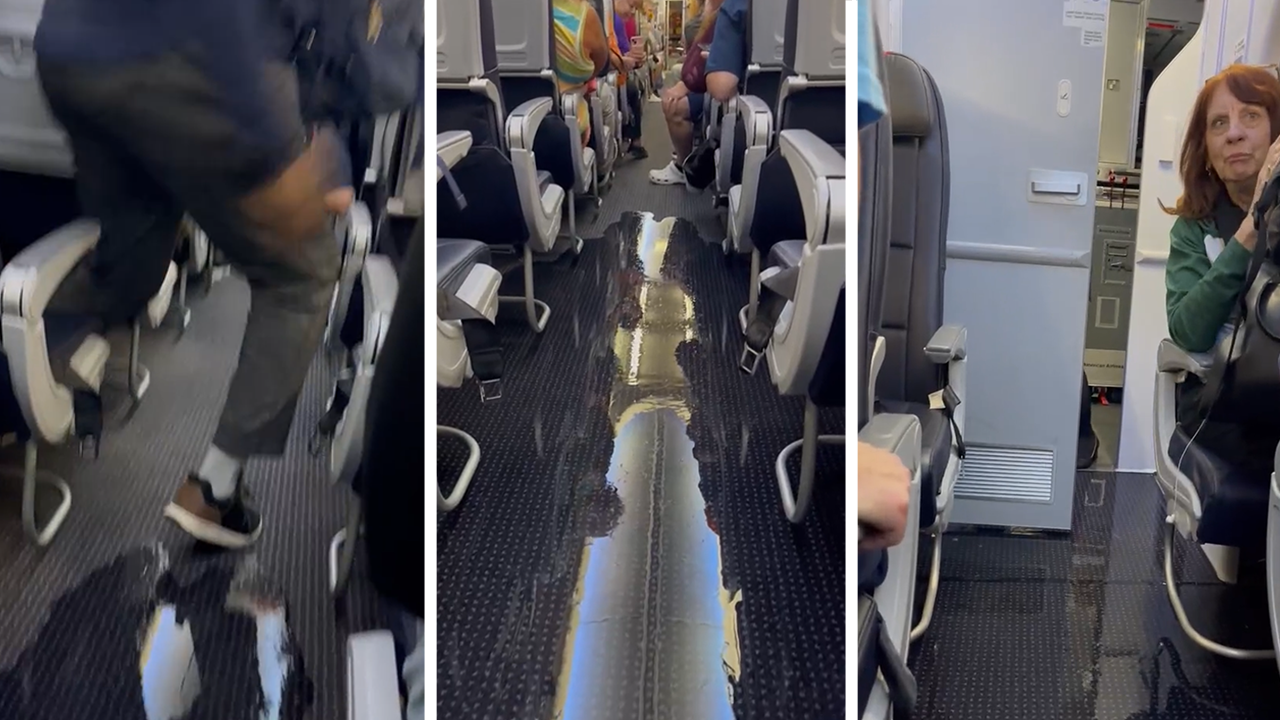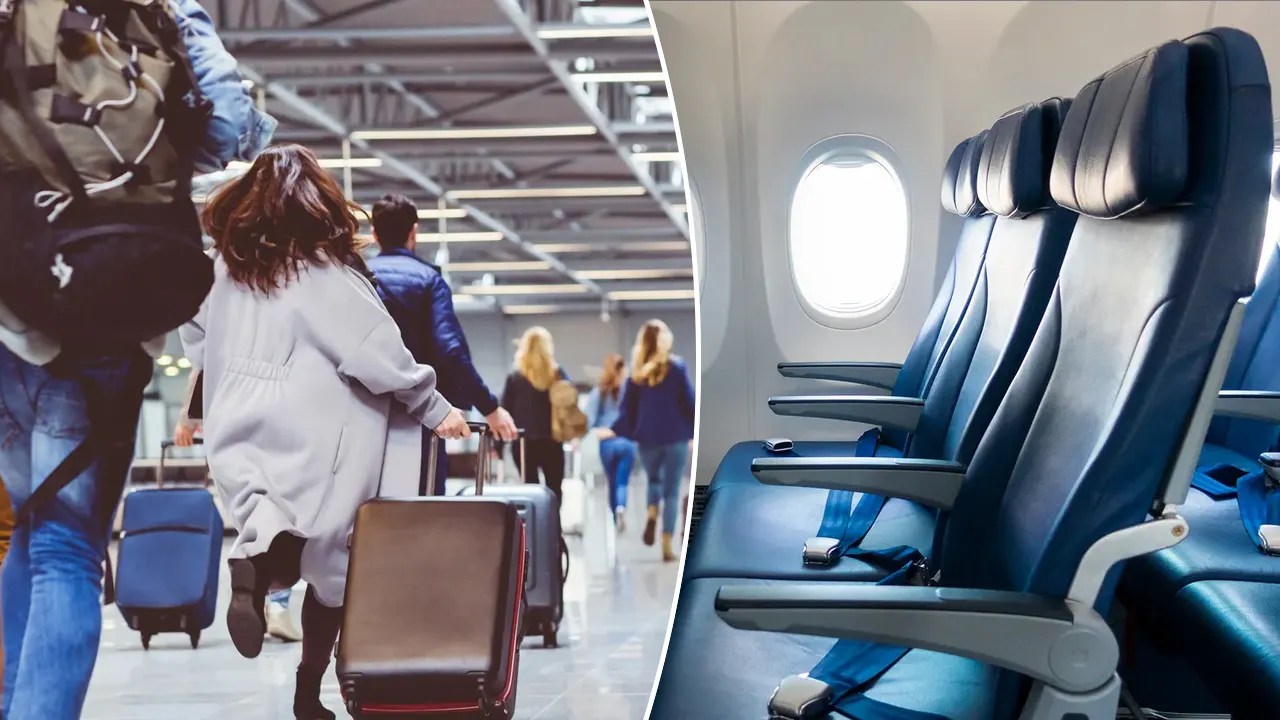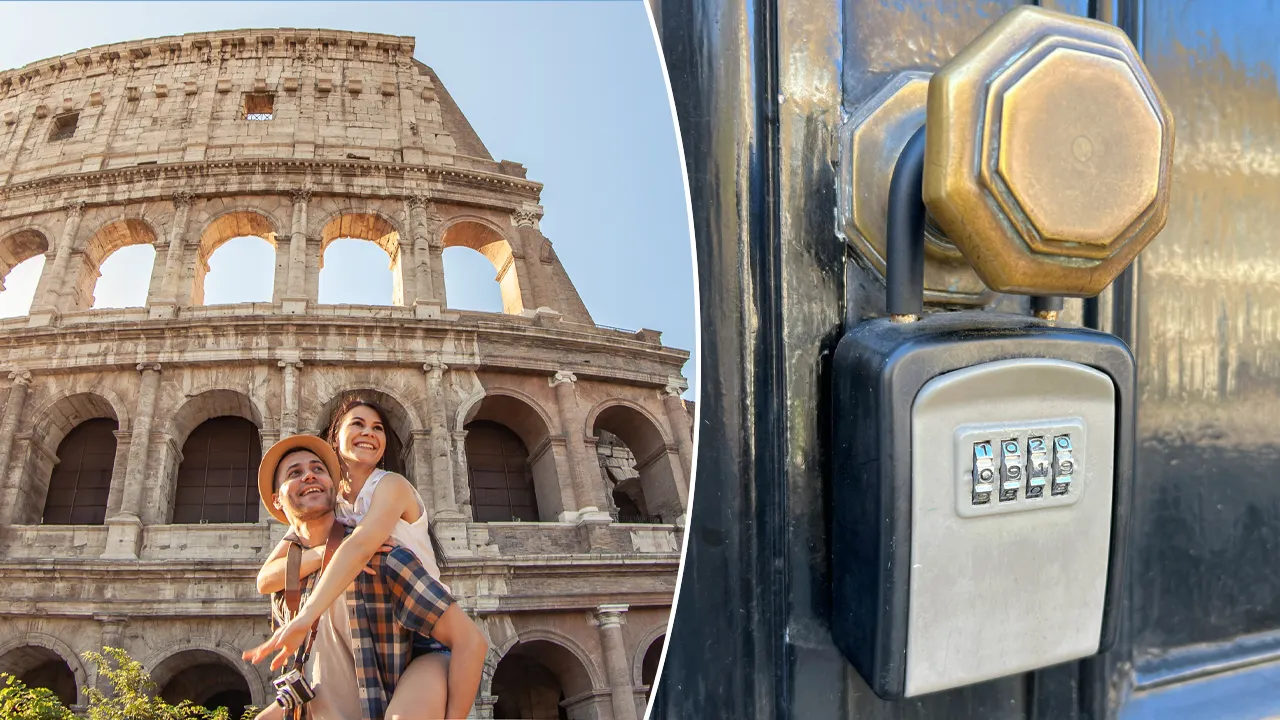Italy Bans Airbnb Self Check-Ins as Rome Prepares for Holy Year Influx
Vacationers and short-term rentals using lockboxes in Italy will have to find a new way to check in after a new nationwide ban.
This new security push now requires hosts to identify guests in person instead of remote verification as a result of the rampant tourism in the country.
Italy has announced a ban on self check-ins for short-term rentals, a decision that has left many wondering about the future of travel in Rome. This shift comes at a pivotal moment, as the city braces itself for the incoming wave of visitors, spurred on by the upcoming Holy Year, a sacred event that draws millions. It’s a stark reminder of the evolving relationship between hospitality and safety in one of the world’s most visited destinations.
“That is why we support cities in their effort to boost in-person hospitality, cracking down on illegal Key Boxes in public spaces through educational campaigns and encouraging our community to prioritize in-person guest welcoming,” the spokesperson continued.
Self check-ins have long been a preferred option for both travelers and hosts. The convenience of managing arrivals without the need for face-to-face interaction often suits the casual pace of modern travel. Yet, the Italian Interior Ministry now requires that tourists connect with their hosts before stepping into their rented accommodations. This move is steeped in the necessity for heightened security—an essential concern amidst the bustling streets of Rome.
“The need has arisen to implement stringent measures aimed at preventing risks to public order and safety in relation to the possible housing of dangerous persons and/or persons linked to criminal or terrorist organizations,” noted Vittorio Pisani, Italy’s police chief, highlighting the delicate balance between welcoming visitors and ensuring their safety.
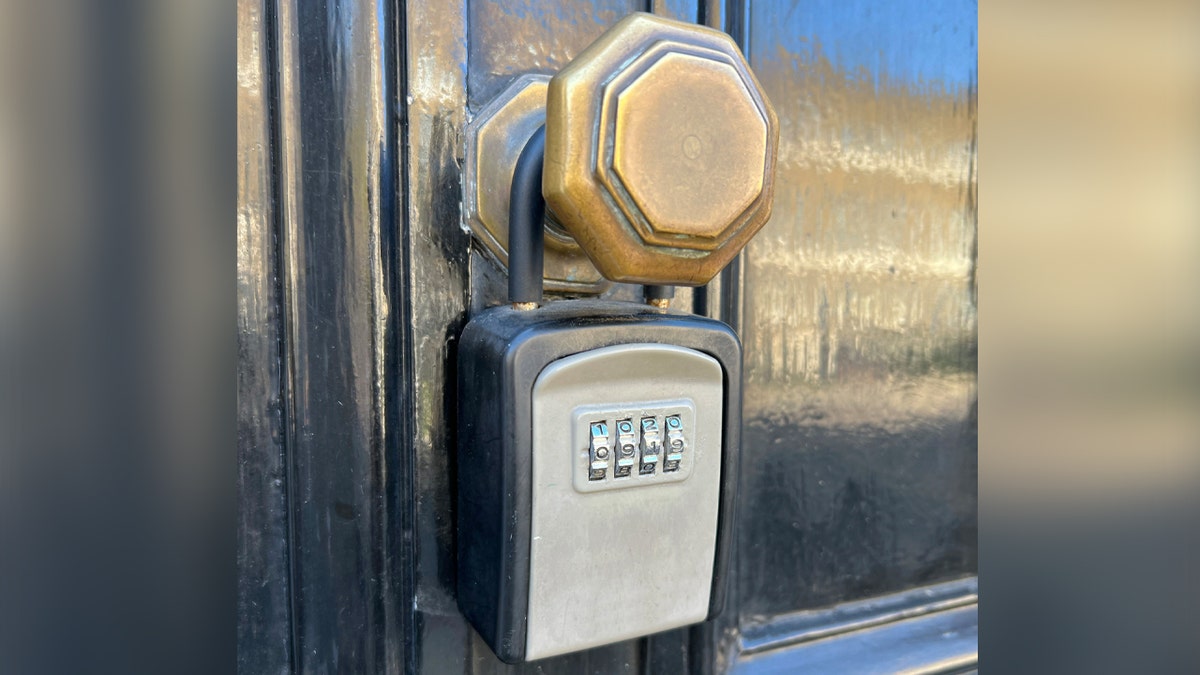
As the Holy Year approaches, starting on December 24 with Pope Francis opening the Holy Door of St. Peter’s Basilica, the need for this change is both timely and pressing. The anticipation of millions flocking to the city broadens the scope of potential challenges faced by rental hosts and local businesses alike. In 2023 alone, the Lazio region welcomed 36 million tourists, highlighting the significant role that tourism plays in the local economy.
“The need to implement stringent measures aimed at preventing risks to public order and safety in relation to the possible accommodation of dangerous people and/or people linked to criminal or terrorist organizations emerges,” stated the Department of Public Security in a recent circular. This concern over safety leads to a reevaluation of accepted practices in electronic guest verification, focusing instead on personal interaction.
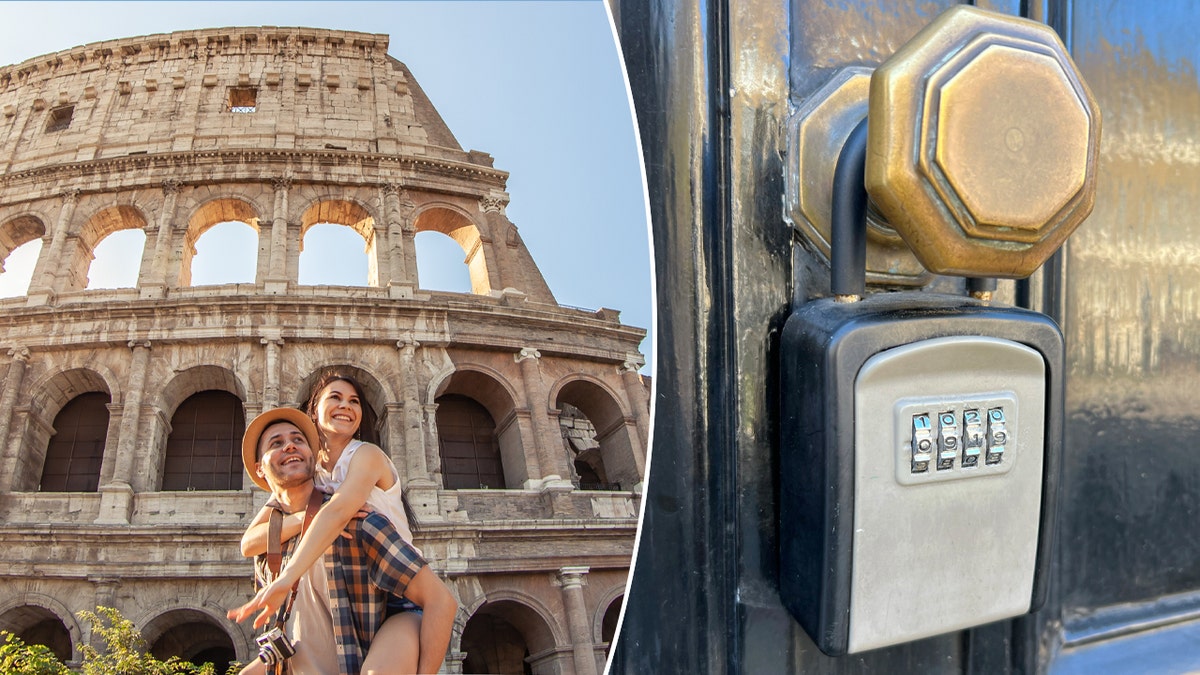
In response to these changes, Airbnb is proactively collaborating with the Italian government to craft solutions that cater to both the safety concerns of the public and the needs of hosts and guests. A spokesperson remarked, “While we remain committed to promoting responsible hosting and ensuring that our platform continues to offer safe and enjoyable experiences for everyone, we look forward to working with the Italian government on solutions that help address local safety concerns while meeting the needs of our hosts and guests community.”
As Rome transforms into a living pictogram of history and spirituality during the Holy Year, the local rental scene faces a pivotal crossroads. Will the return to in-person interactions enhance the traveler experience, or will it simply add another layer of complexity in an already intricate web of travel arrangements? That remains to be seen. What is certain is that this ban reflects a balance of hospitality and vigilance, an essential aspect of keeping Rome’s spirit alive for all who visit.
Fox News reached out to the Department of Public Security and Italy’s Interior Ministry for comment.































